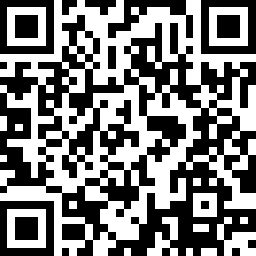AC1200 Wireless MU-MIMO Gigabit Router
-
AC1200 Dual-Band Wi-Fi – 867 Mbps at 5 GHz and 400 Mbps at 2.4 GHz band
-
MU-MIMO Technology – Simultaneously transfers data to multiple devices for 2× faster performance
-
Boosted Coverage – Four external antennas equipped with Beamforming technology extend and concentrate the Wi-Fi signals
-
Access Point Mode –Supports AP Mode to transform your wired connection into the wireless network
-
Easy Setup – Set up your Wi-Fi in minutes with TP-Link Tether app.
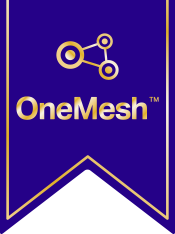
AC1200
Wi-Fi Router MU-MIMO Gigabit
Archer C6
Smooth Entertainment with AC1200 Dual Band Wi-Fi
The Archer C6 creates a reliable and blazing-fast network powered by 802.11ac Wi-Fi technology. The 2.4GHz band delivers speeds up to 400Mbps, ready for everyday tasks like emailing and web browsing, while the 5GHz band delivers speeds up to 867Mbps, ideal for HD video streaming and lag-free online gaming.
- 867
Mbps5GHz
Band - 400
Mbps2.4GHz
Band
Advanced Security with WPA3
The latest Wi-Fi security protocol, WPA3, brings new capabilities to improve cybersecurity in personal networks. More secure encryption in Wi-Fi password safety and enhanced protection against brute-force attacks combine to safeguard your home Wi-Fi.
Boosted Wi-Fi Coverage
Throughout Your Home
Four external antennas send Wi-Fi signals to every corner of your home. Stay connected and enjoy fast Wi-Fi whether you are lounging on the sofa or on the balcony. Beamforming technology detects devices, even if they are far-away or low-powered, and concentrates wireless signal strength towards them.
Archer C6
Other Router without Beamforming
MU-MIMO Brings More Simultaneous Connections
MU-MIMO lets the Archer C6 serve multiple devices at once. No more bandwidth congestion or latency. All devices get their data faster and Wi-Fi is used more efficiently!
-
Traditional Router
Stream data to one device at a time
-
Archer C6
Stream data to multiple devices simultaneously
-

Desktop
-

4K HDTV
-

Computer
-

Nas
Gigabit Connectivity, 10× Faster
With one Gigabit WAN port and four Gigabit LAN ports, speeds can be up to 10× faster than standard Ethernet connections. Connect your favorite wired devices to Archer C6 and get impressed!
TP-Link OneMesh™:
Flexibly Create a Whole-Home Wi-Fi
OneMesh™ is a simple way to form a Mesh network with a single Wi-Fi name for seamless whole-home coverage. Just connect a OneMeshTM range extender to a OneMesh™ router. No more searching around for a stable connection.

Wi-Fi Dead-Zone Killer
Eliminate weak signal areas with Wi-Fi coverage for the whole house

Smart Roaming
Uninterrupted streaming when moving around your home

One Wi-Fi Name
No more switching Wi-Fi network names

Unified Management
Manage the whole-home Wi-Fi by managing the central node via Tether app/Web UI
It’s An Access Point, Too
Switch the working mode of the Archer C6 to Access Point Mode to share your wired network with other wireless devices.

- Router
- Archer C6
| WIRELESS | |
|---|---|
| Standards | Wi-Fi 5 IEEE 802.11ac/n/a 5 GHz IEEE 802.11n/b/g 2.4 GHz |
| WiFi Speeds | AC12005 GHz: 867 Mbps (802.11ac)2.4 GHz: 400 Mbps (802.11n) |
| WiFi Range | 3 Bedroom Houses 4× Fixed High-Performance AntennasMultiple antennas form a signal-boosting array to cover more directions and large areasBeamformingConcentrates wireless signal strength towards clients to expand WiFi range |
| WiFi Capacity | Medium Dual-BandAllocate devices to different bands for optimal performanceMU-MIMOSimultaneously communicates with multiple MU-MIMO clientsAirtime FairnessImproves network efficiency by limiting excessive occupation |
| Working Modes | Router ModeAccess Point Mode |
| SECURITY | |
|---|---|
| Network Security | SPI FirewallAccess ControlIP & MAC BindingApplication Layer Gateway |
| Guest Network | 1× 5 GHz Guest Network1× 2.4 GHz Guest Network |
| WiFi Encryption | WPAWPA2WPA3WPA/WPA2-Enterprise (802.1x) |
| HARDWARE | |
|---|---|
| Processor | 1.2 GHz CPU |
| Ethernet Ports | 1× Gigabit WAN Port4× Gigabit LAN Ports |
| Buttons | WPS/Wi-Fi ButtonPower On/Off ButtonReset Button |
| Power | 12 V ⎓ 1 A |
| SOFTWARE | |
|---|---|
| Protocols | IPv4 IPv6 |
| OneMesh™ | OneMesh™ SupportedWithout replacing your existing devices or buying a whole new WiFi ecosystem, OneMesh™ helps you create a more flexible network that covers your entire home with TP-Link OneMesh™ products. Learn More>All OneMesh Products> |
| Parental Controls | URL FilteringTime Controls |
| WAN Types | Dynamic IPStatic IPPPPoEPPTPL2TP |
| Quality of Service | QoS by Device |
| Cloud Service | OTA Firmware UpgradeTP-Link IDDDNS |
| NAT Forwarding | Port ForwardingPort TriggeringDMZUPnP |
| IPTV | IGMP ProxyIGMP SnoopingBridgeTag VLAN |
| DHCP | Address ReservationDHCP Client ListServer |
| DDNS | TP-LinkNO-IPDynDNS |
| Management | Tether AppWebpageCheck Web Emulator> |
| OTHER | |
|---|---|
| System Requirements | Internet Explorer 11+, Firefox 12.0+, Chrome 20.0+, Safari 4.0+, or other JavaScript-enabled browserCable or DSL Modem (if needed)Subscription with an internet service provider (for internet access) |
| Certifications | FCC, CE, RoHS |
| Environment | Operating Temperature: 0℃~40℃ (32℉ ~104℉)Storage Temperature: -40℃~70℃ (-40℉ ~158℉)Operating Humidity: 10%~90% non-condensingStorage Humidity: 5%~90% non-condensing |
| TEST DATA | |
|---|---|
| WiFi Transmission Power | CE EIRP: <20dBm(2.4GHz)<23dBm(5GHz)FCC:<30dBm(2.4GHz & 5GHz) |
| WiFi Reception Sensitivity | 5GHz: 11a 6Mbps:-93dBm;11a 54Mbps:-78dBm; 11ac HT20 mcs8:69dBm;11ac HT40 mcs9:-65dBm; 11ac HT80 mcs9:-62dBm; 2.4GHz: 11g 54Mbps:-78dBm; 11n HT20 mcs7:-74dBm; 11n HT40 mcs7:-71dbm; |
| PHYSICAL | |
|---|---|
| Dimensions (W×D×H) | 8.5 × 4.6 × 1.2 in (215 × 117 × 32 mm) |
| Package Contents | Wi-Fi Router Archer C6Power AdapterRJ45 Ethernet CableQuick Installation Guide |
*Maximum wireless signal rates are the physical rates derived from IEEE Standard 802.11 specifications. Actual wireless data throughput and wireless coverage are not guaranteed and will vary as a result of 1) environmental factors, including building materials, physical objects, and obstacles, 2) network conditions, including local interference, volume and density of traffic, product location, network complexity, and network overhead, and 3) client limitations, including rated performance, location, connection, quality, and client condition.
*Use of MU-MIMO requires clients to also support MU-MIMO.
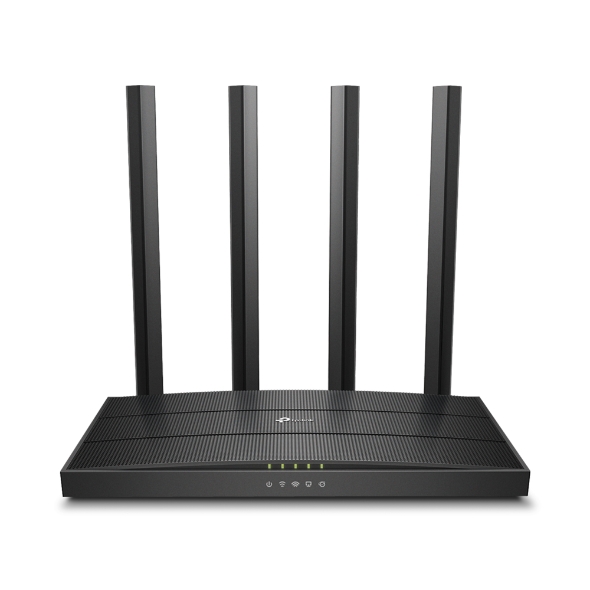
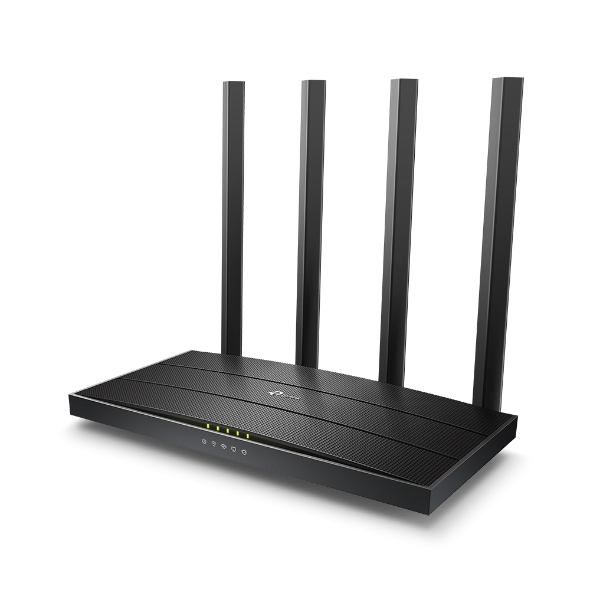
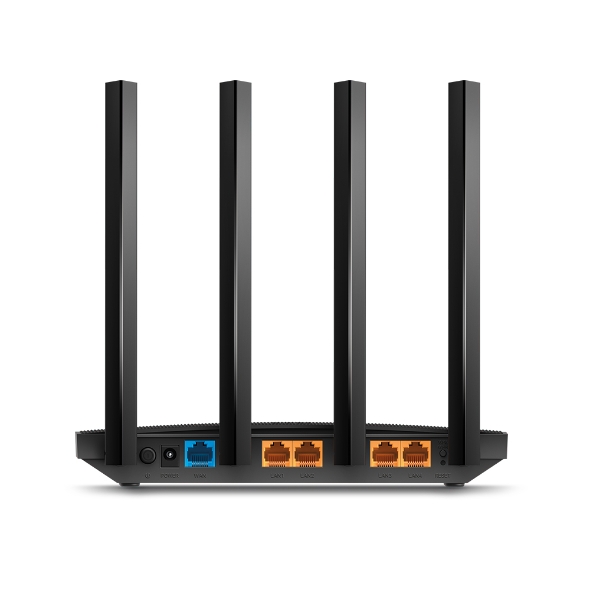
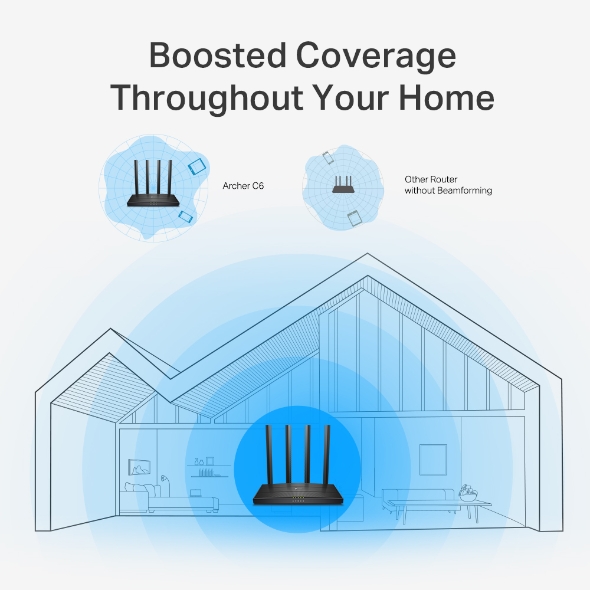
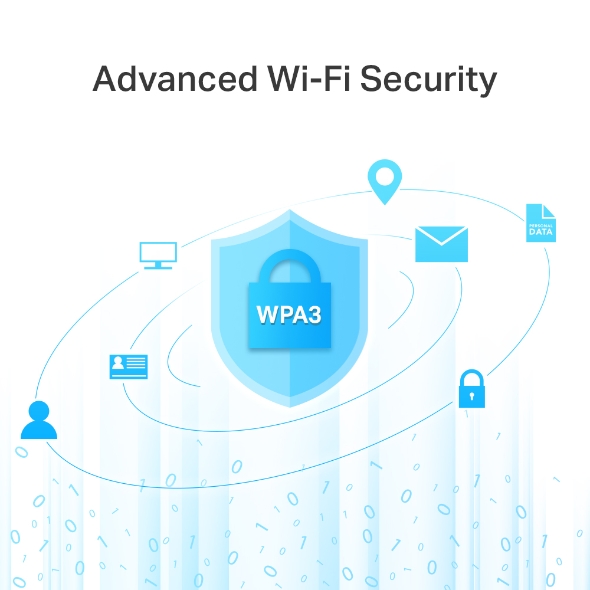
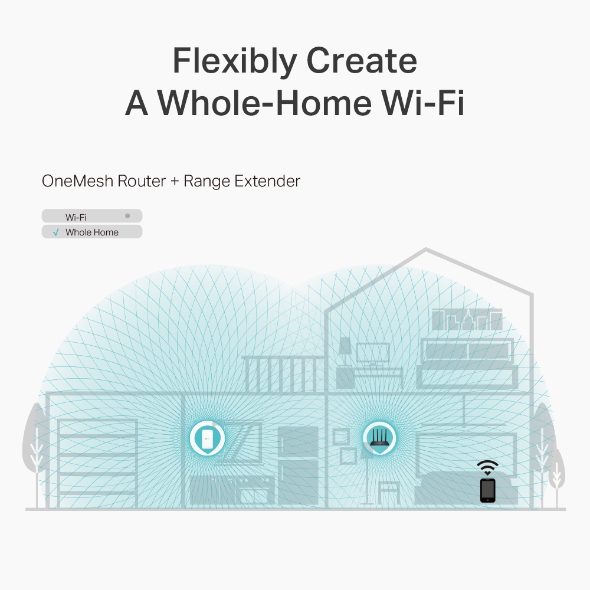
-4_normal_20220629011831g.jpg)






-4_thumb_20220629011831z.jpg)






-4_large_20220629011831j.jpg)
